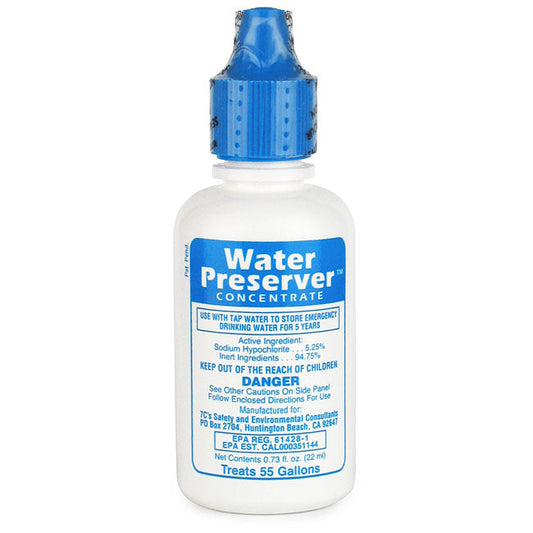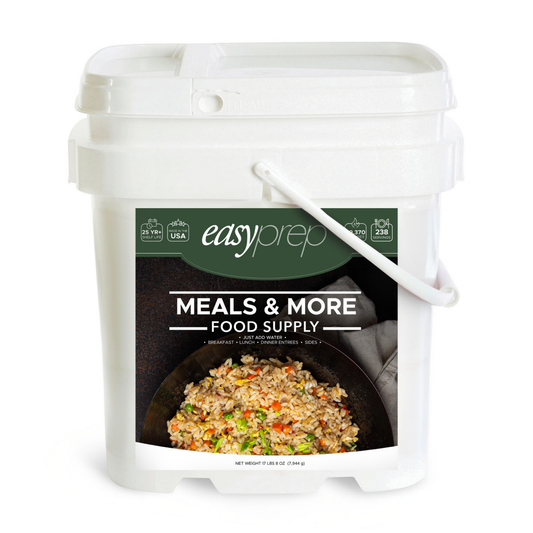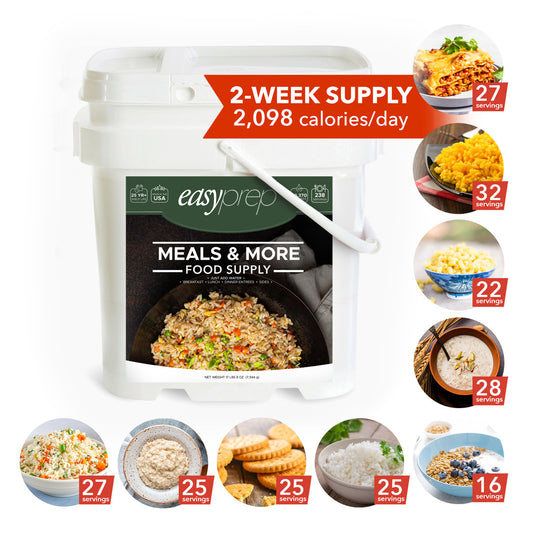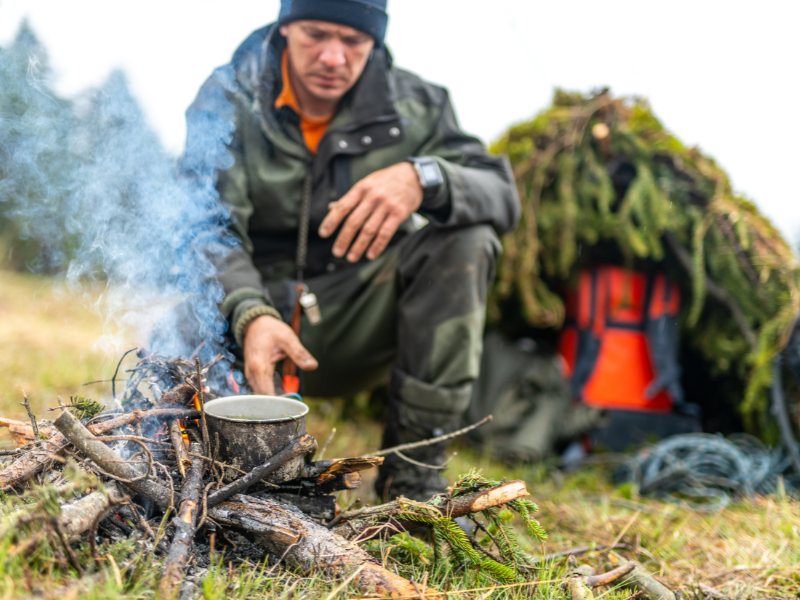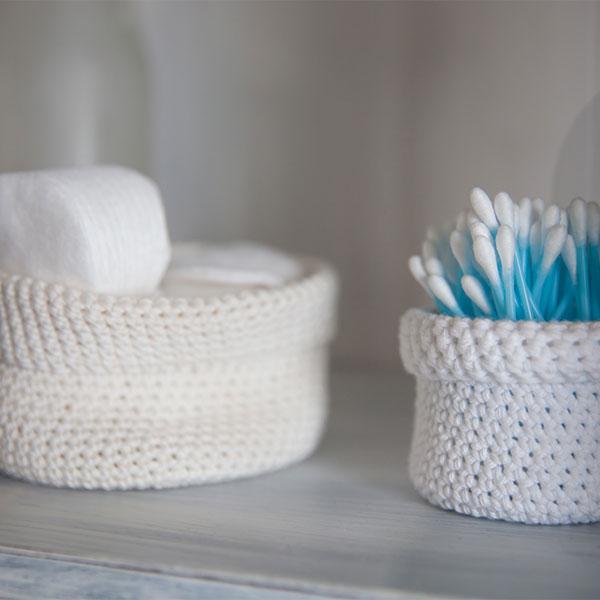
Emergency preparedness can make all the difference in a disaster. However, there are common mistakes many people make when planning for emergencies. Learn how to avoid these mistakes and ensure you and your family are ready for anything.
1. Not Having an Emergency Plan
Many people wait until it's too late to make a plan for emergency preparedness. Life can get busy, but preparing now ensures you’ll have peace of mind knowing you’re ready for unexpected situations.
2. Not Having a Contingency Plan
When creating your plan, ensure it covers multiple scenarios. Research the disasters most likely to affect your area and develop a flexible, multi-scenario response plan.
3. Not Updating Your Plan
Many people believe they’re prepared but fail to revisit their plans. Over time, circumstances change. For instance, you may have food stored, but have you checked the expiration dates recently? Regularly review and update your plans to keep them current.
4. Not Storing Clean Water
While many focus on storing food, they often overlook the importance of clean water. Remember, you can survive longer without food than without water. Plan to store at least one gallon of water per person per day.
5. Not Storing Enough Food
You may think you have enough stored food, but rationing during emergencies can be stressful. Stockpile enough food to keep you and your family comfortable without needing to limit portions.
6. Not Having a “Grab-N-Go” Kit
A Grab-N-Go kit is essential for short-term emergencies. Space constraints often make people skip it, but a compact kit can be life-saving. Prepare your Grab-N-Go kit to handle quick evacuations.
7. Not Sorting Shelter-In-Place Supplies
Having food and water is great, but what about other daily essentials? If local stores are closed, you’ll need items like toothpaste, soap, and deodorant to stay clean and healthy while sheltering in place.
8. Not Storing a Sanitation Kit
Sanitation is critical for preventing illness during an emergency. Without proper facilities, diseases can spread quickly. A well-stocked sanitation kit ensures your family stays healthy, even when traditional plumbing isn’t available.
9. Not Having Reliable Light and Communication Devices
Staying informed and connected during emergencies is vital. Invest in a reliable light and communication device, such as a flashlight-radio combo, to provide light and stay updated on news and weather.
10. No First Aid Kit
One of the most critical items during a disaster is a first aid kit. Make sure it has enough supplies to care for your family and others who may need help after an earthquake, hurricane, fire, or other emergency.
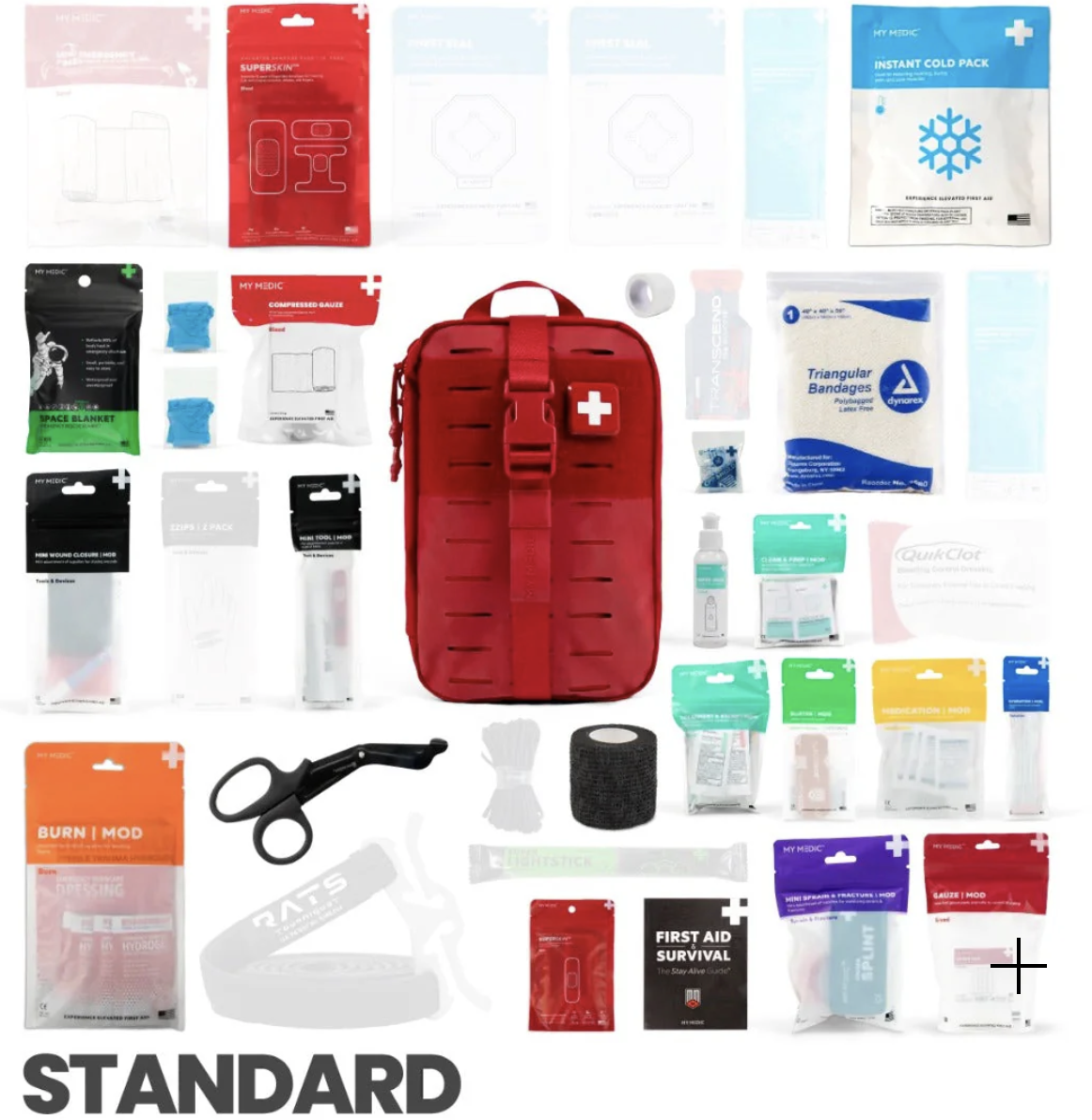
Pro Tip: Review your emergency preparedness plan annually. Check your food, water, and supplies to ensure they’re still usable, and update your kit as your family’s needs evolve.
Being prepared is more than just having supplies—it’s about planning, practicing, and staying updated. Take these steps now to ensure you’re ready for whatever comes your way.



